Iron Age coins: how record-breaking £10m hoard was discovered
Two amateur treasures hunters handed Guinness World Records title after unearthing pre-Christian haul on Jersey
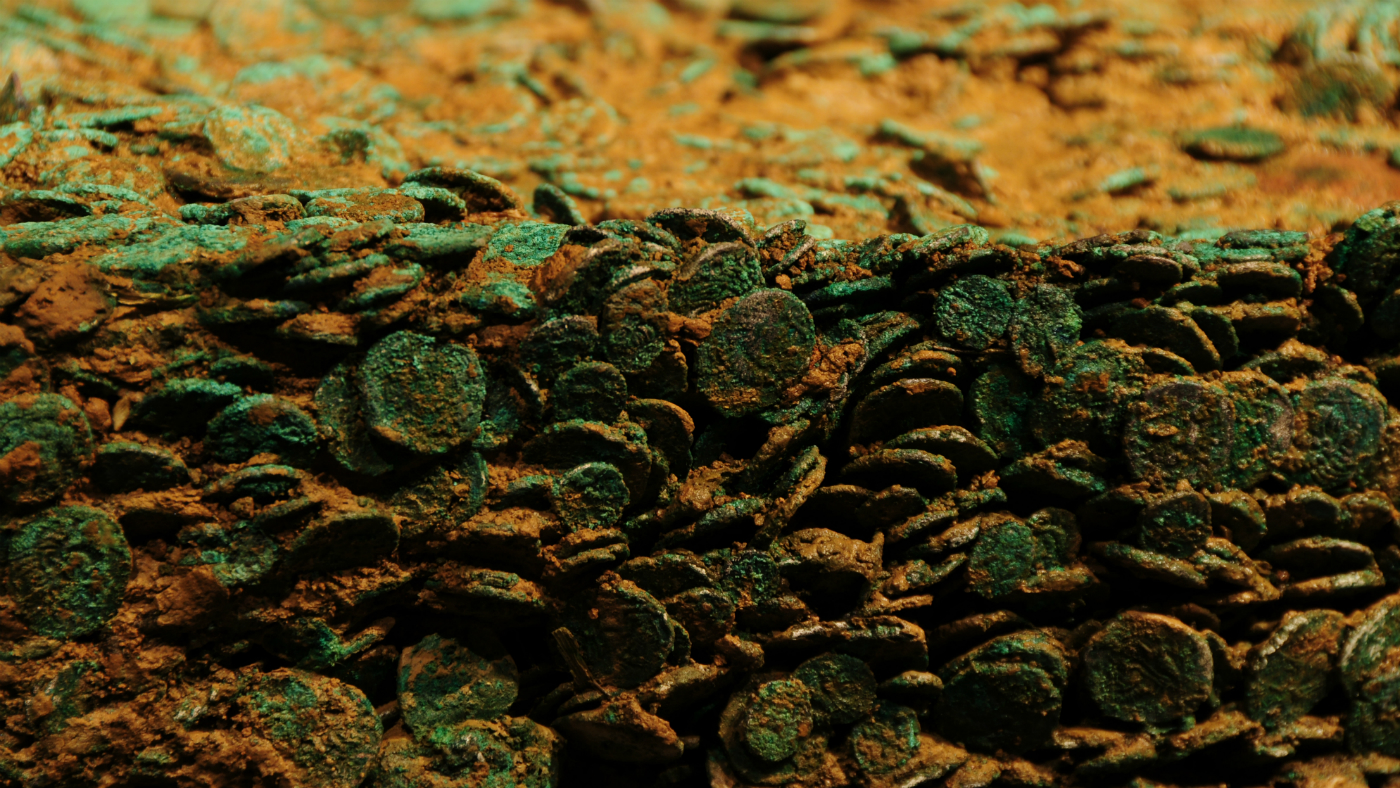
A free daily email with the biggest news stories of the day – and the best features from TheWeek.com
You are now subscribed
Your newsletter sign-up was successful
A hoard of 69,347 silver and gold Iron Age coins found on the island of Jersey has been officially recognised as the UK’s largest ever discovery of its kind.
Metal detector enthusiasts Reg Mead and Richard Miles discovered the massive haul of pre-Christian coins, valued at an estimated £10m, following a 30-year search triggered by a tip-off from a local resident.
The pair began their hunt after woman told them in the 1980s that she had spotted a “shiny button” in a field on the island, reports The Telegraph.
The Week
Escape your echo chamber. Get the facts behind the news, plus analysis from multiple perspectives.

Sign up for The Week's Free Newsletters
From our morning news briefing to a weekly Good News Newsletter, get the best of The Week delivered directly to your inbox.
From our morning news briefing to a weekly Good News Newsletter, get the best of The Week delivered directly to your inbox.
They finally found the ancient treasure in 2012, in a clay mound under a hedge at a depth of just over 3ft (91cm), adds Metro. The coins are thought to date from around 50BC and weigh almost 1,700lb (121st).
Following a lengthy verification process, the stash has now been confirmed by the Guinness World Records to be the largest collection of ancient coins ever found on the British Isles - overtaking the previous record of 54,951 found in Wiltshire in the 1970s.
The world record is 150,000 silver pennies from the 13th century, found in Brussels in 1908.
Mead and Miles described receiving their Guinness World Record certificates as “lovely”, and said they had been “involved the whole way through”.
A free daily email with the biggest news stories of the day – and the best features from TheWeek.com
The Jersey collection has been officially declared “treasure”, which means it belongs to the Crown. However, the two metal detectorists are entitled to a reward, which Metro suggests is likely to be “considerable”.
A number of the coins are now on display at the island’s La Hougue Bie Museum.
Olga Finch, curator of archaeology for Jersey Heritage, said the discovery “demonstrates the world-class heritage that Jersey has to offer”.
-
 ‘States that set ambitious climate targets are already feeling the tension’
‘States that set ambitious climate targets are already feeling the tension’Instant Opinion Opinion, comment and editorials of the day
-
 Mixing up mixology: The year ahead in cocktail and bar trends
Mixing up mixology: The year ahead in cocktail and bar trendsthe week recommends It’s hojicha vs. matcha, plus a whole lot more
-
 Labor secretary’s husband barred amid assault probe
Labor secretary’s husband barred amid assault probeSpeed Read Shawn DeRemer, the husband of Labor Secretary Lori Chavez-DeRemer, has been accused of sexual assault
-
 Windrush activist lists ‘100 great black Britons’
Windrush activist lists ‘100 great black Britons’Speed Read The Black History Month project celebrates individuals who collectively span the past 400 years
-
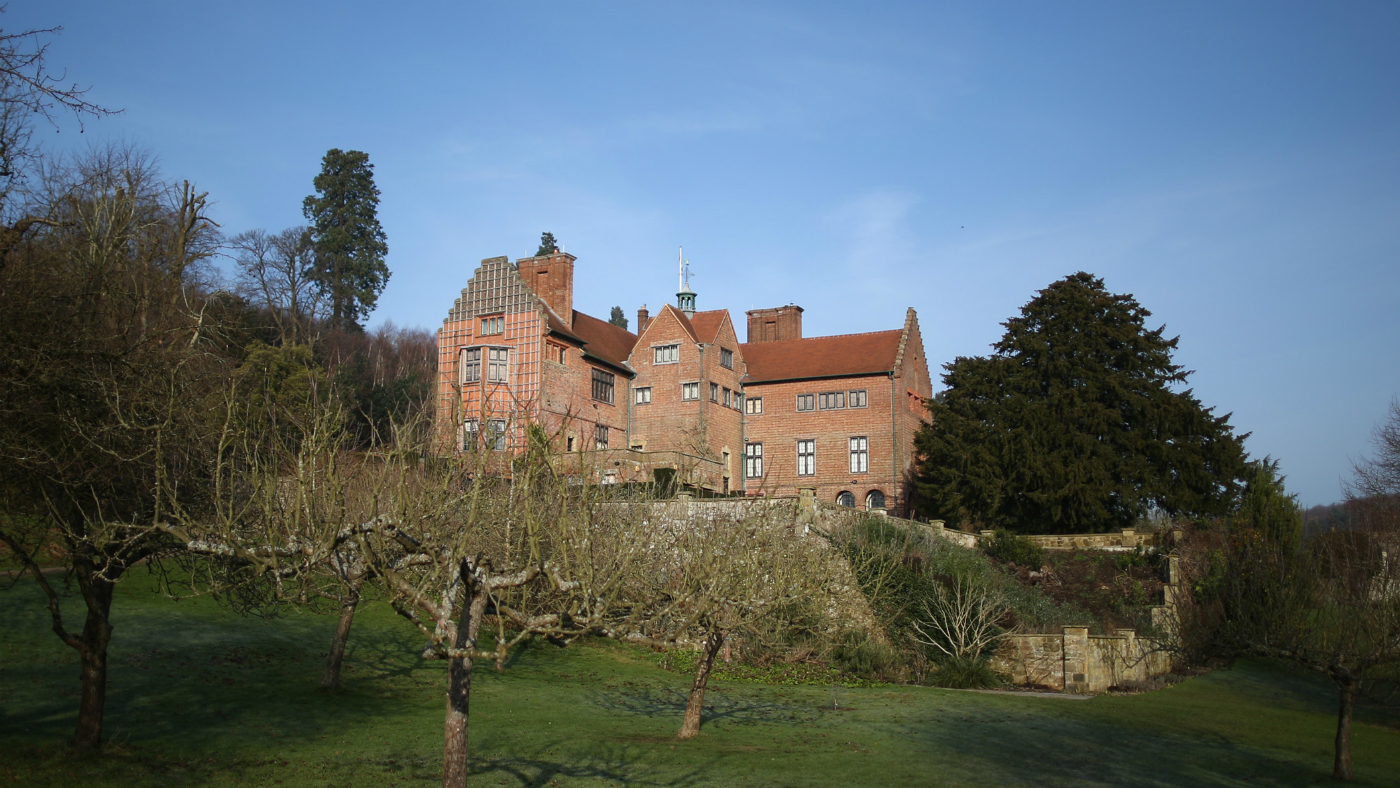 BLM: almost 100 National Trust properties linked to slavery and colonialism
BLM: almost 100 National Trust properties linked to slavery and colonialismSpeed Read Review reveals ‘uncomfortable truths’ behind homes owned by famous figures including Winston Churchill and Rudyard Kipling
-
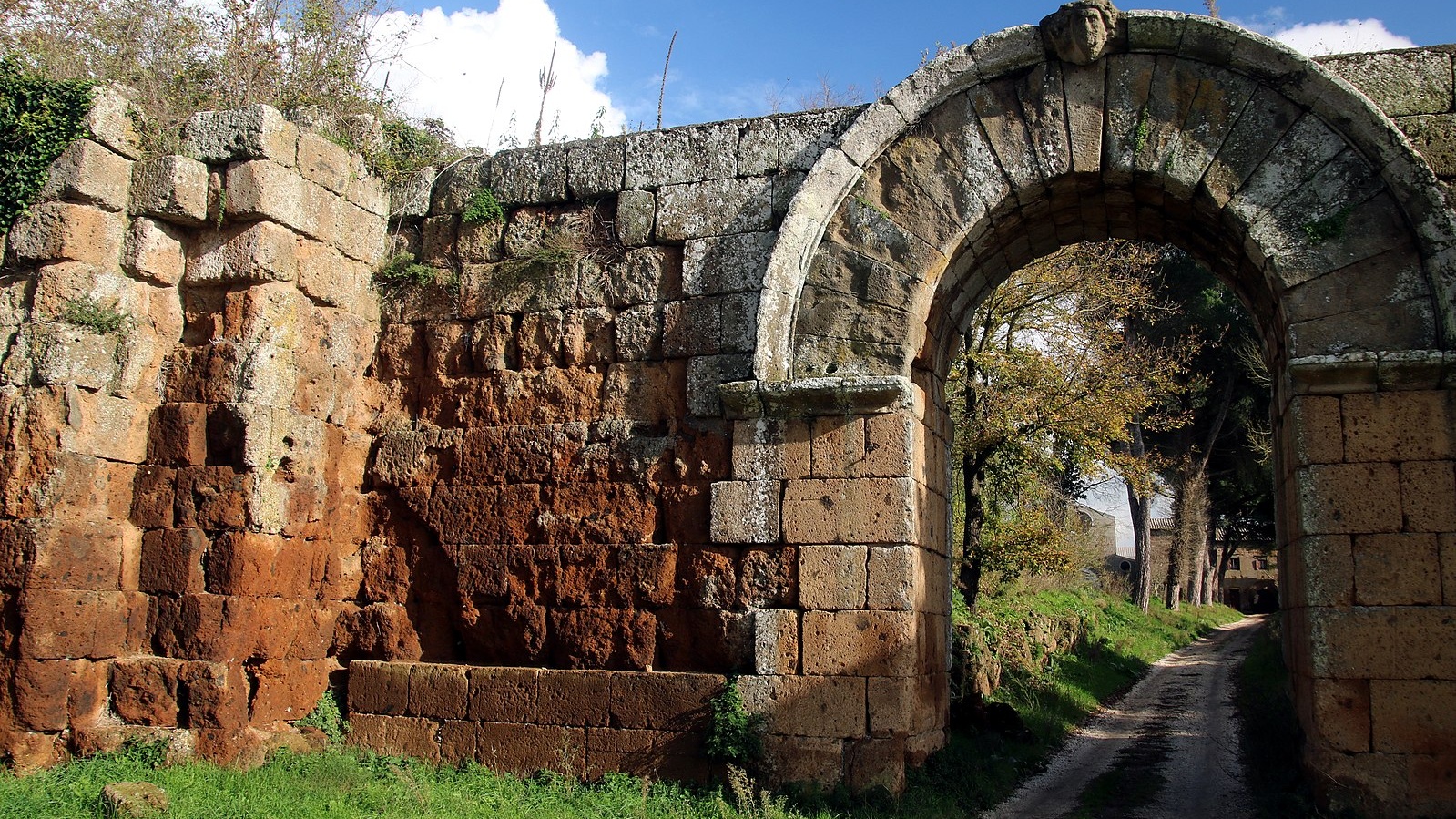 Archaeologists map Roman city using ‘quad bike and radar’
Archaeologists map Roman city using ‘quad bike and radar’Speed Read New scanning system reveals ‘elaborate’ details of ancient settlement
-
 Why May Day bank holiday is set to move in 2020
Why May Day bank holiday is set to move in 2020Speed Read Government considering switching date in order to mark VE Day anniversary
-
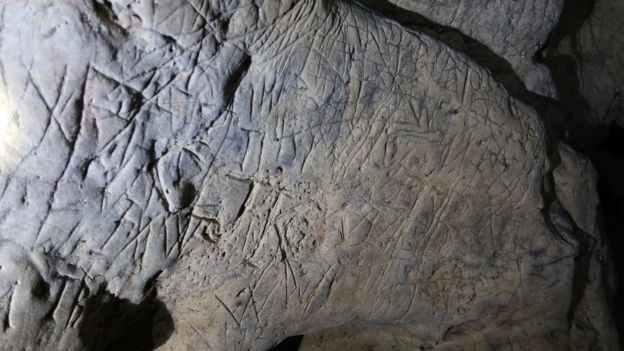 Mystery of Nottinghamshire ‘witch cave’
Mystery of Nottinghamshire ‘witch cave’Speed Read Cave carvings initially thought to be graffiti now believed to be UK’s biggest collection of ‘apotropaic’ signs
-
 Matthew Flinders: explorer’s grave discovered in London
Matthew Flinders: explorer’s grave discovered in LondonSpeed Read HS2 dig unearths lost remains of celebrated navigator more than 200 years after he put Australia on the map
-
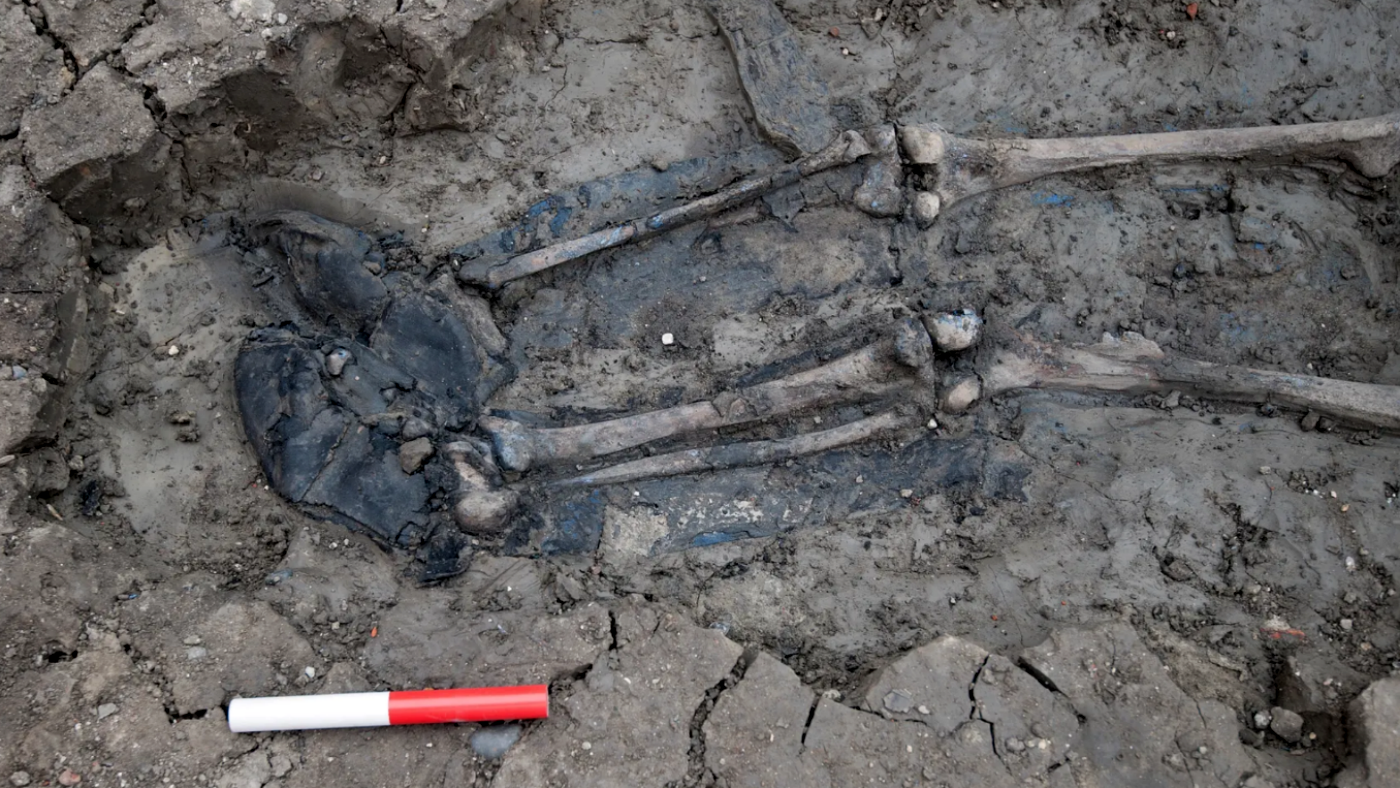 Thames archaeologists uncover skeleton in medieval ‘wellies’
Thames archaeologists uncover skeleton in medieval ‘wellies’Speed Read Discovery of 500-year-old body in leather waders hailed as ‘extremely rare’
-
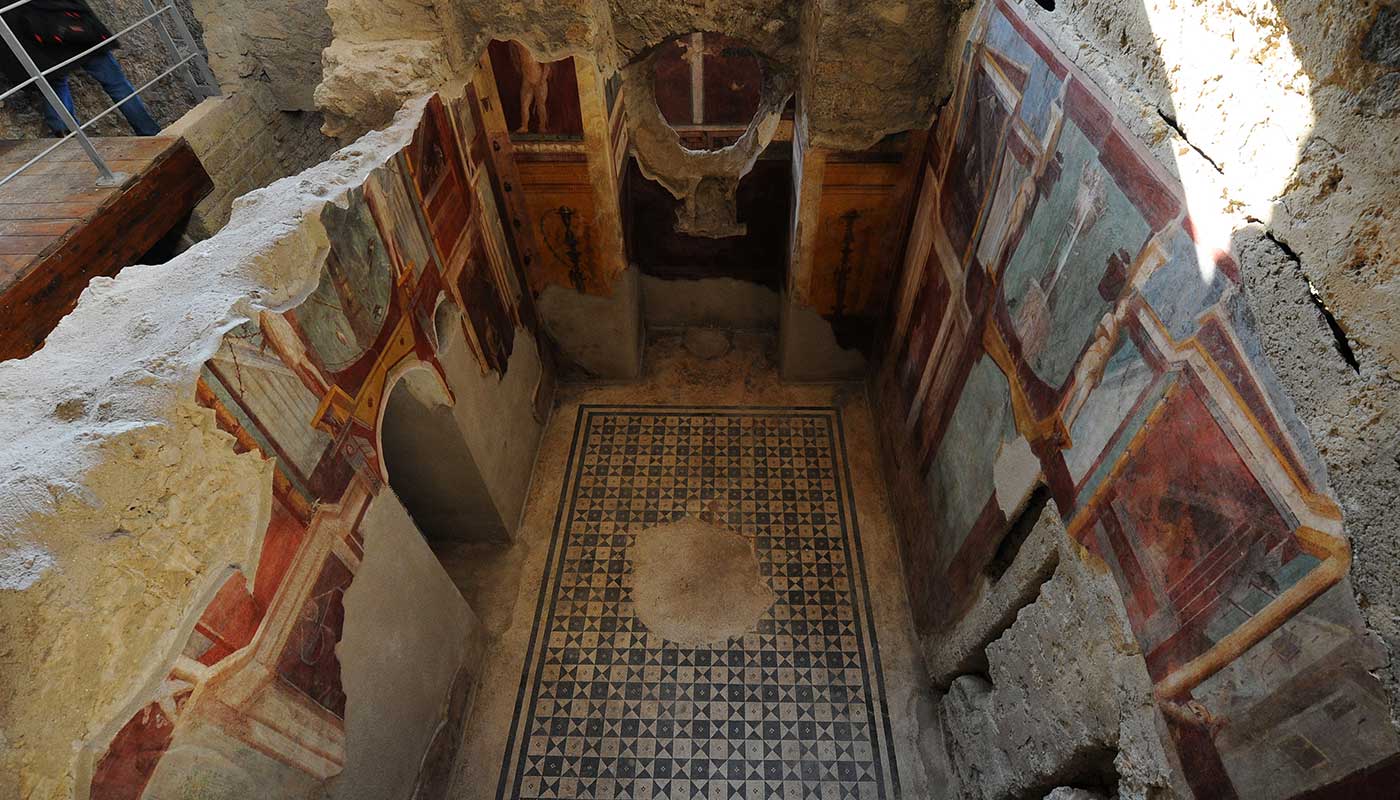 Graffiti in Pompeii set to rewrite history books
Graffiti in Pompeii set to rewrite history booksSpeed Read Eruption of Mount Vesuvius may have occurred months after initially thought